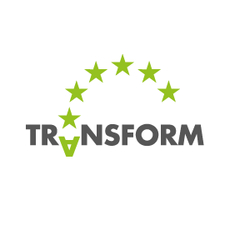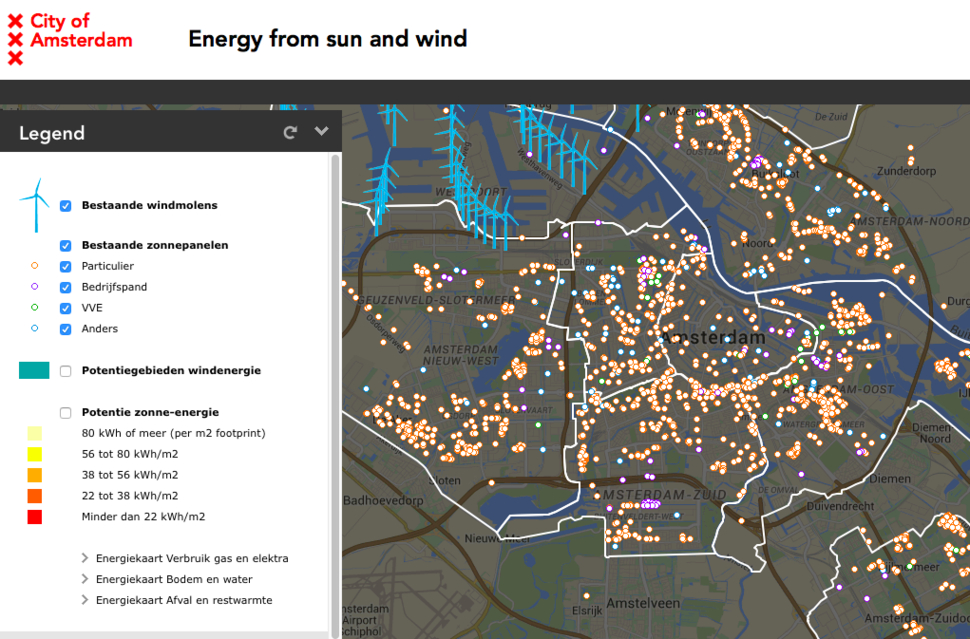International treaties or national policies are pushing the municipalities to become more sustainable and energy efficient. The well-known European 20-20-20 energy targets (20% lower CO2 emissions, 20% more energy from renewables and 20% decrease in energy demand) or other target force European municipalities to create city strategies and visions where they should address the issue of their energy efficiency. Just to give an example, already 6.630 signatories have joined the Covenant of Mayors, a movement involving authorities, that voluntary commit to energy efficiency and through the submitted strategies promise to comply with previously mentioned 20-20-20 objectives. What is important to note is that to be able to come up with a thoughtful decisions, which is eventually turned into a well-stated sustainability policy document, reliable basis information is needed: the data.
As being involved in a project called TRANSFORM, a European funded program developing agendas for low carbon cities, I gained insight in policy making of several European cities, each of them in a very different context: Amsterdam, Copenhagen, Genoa, Hamburg, Vienna and Lyon. During the project, which ended in July 2015, it became crystal clear that most of the cities do not have a trustworthy overview of their energy system(s). The data, which some cities couldn’t access, functions as a baseline giving stakeholders, policy makers and citizens insights into their energy consumption. In order to start working on the future solutions, the energy data needed to be collected and clearly visualized on the map of each city. Without exaggeration it is possible to state that data is a starting point of any energy transformation.

The trouble with gathering and openly sharing the data is mostly a policy issue and the regulations of involved parties (mostly energy providers) are the main obstacle in the way. Some energy providers are reluctant to share the energy data of their customers, because:
- They believe it invades customers’ privacy.
- They do not own the data.
- They intentionally do not share the data due to their internal regulations, being afraid of loosing the competitive advantage and privileged position on the market.
- The data is information, which might be used for new business and thus is valuable.
- It is not clear, who should pay for gathering and maintenance of the data.
On the other hand, some energy providers as Alliander see sharing the data as an opportunity for new business cases. The data knowledge may trigger startup companies to come up with ideas, which are through collaboration and financial support further developed under Alliander itself. Thus creating win-win situation.
Such obstacle of open data could be only overcome by establishing a dialogue between the involved parties: municipalities, energy providers and citizens. Only then the city is able to define its problem statement in which it bases its energy strategy and make a step further towards a more sustainable and smart city.
References:
Covenant of Mayors http://www.covenantofmayors.eu/index_en.html
Maps Amsterdam http://maps.amsterdam.nl
TRANSFORM project http://urbantransform.eu
